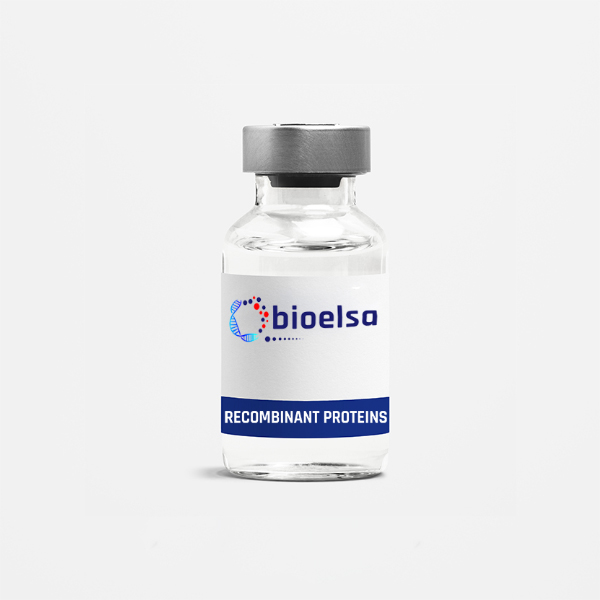
| Gene ID | 20308 |
| Accession | P51670 |
| Alternative Name | CCF18, MIP1, MIP-1-gamma, Macrophage inflammatory protein-related protein 2, MRP-2, Small-inducible cytokine A9, C-C motif chemokine 9, Mrp2, Scya10, Scya9<br/>Recombinant Mouse Macrophage Inflammatory Protein-1 Gamma (CCL9) |
| Species | Mouse |
| Source | E. coli |
| Description | Macrophage Inflammatory Protein-1 is a factor produced by macrophages that causes local inflammatory responses and induces superoxide production by neutrophils. Two peptides are responsible for this activity. They have been termed MIP-1-alpha, and MIP-1-beta. The two MIP proteins are the major factors produced by macrophages following their stimulation with bacterial endotoxins. Both proteins are involved in the cell activation of human granulocytes (neutrophils, eosinophils, and basophils) and appear to be involved in acute neutrophilic inflammation. Both forms of MIP-1 stimulate the production of reactive oxygen species in neutrophils and the release of lysosomal enzymes. They also induce the synthesis of other pro-inflammatory cytokines such as IL-1, IL-6 and TNF in fibroblasts and macrophages. MIP-1-alpha is a potent agonist of basophils, inducing a rapid change of cytosolic free calcium (see also: Calcium ionophore), the release of histamine and sulfido-leukotrienes, and chemotaxis. Murine MIP-1- alpha is the primary stimulator of TNF secretion by macrophages whereas MIP-1-beta antagonizes the inductive effects of MIP-1- alpha. In human monocytes the production of MIP-1-beta can be induced by bacterial lipopolysaccharides and IL-7. The biological activities of MIP-1-alpha and MIP-1-beta are mediated by receptors that bind both factors CCR5. A second species of receptors for these two factors also appears to bind MCAF. |
| Accession | P51670 |
| Functions | Determined by its ability to chemoattract human neutrophiles using a concentration range of 1-10 ng/mL. |
| Formulation | Recombinant CCL9 was lyophilized from a 0.2 ?m filtered PBS solution. |
| Solubility | A quick spin of the vial followed by reconstitution in distilled water to a concentration not less than 0.1 mg/mL. This solution can then be diluted into other buffers |
| Appearance | Lyophilized Powder |
| Molecular Weight | 12 |
| Purity | >95% as determined by SDS-PAGE |
| Concentration | <1.0 EU/μg of recombinant protein as determined by the LAL method. |
| Shipping Condition | Ambient Temperature |
| Storage Condition | The lyophilized protein is stable for at least one year from date of receipt at -70?C. Upon reconstitution, this cytokine can be stored in working aliquots at 2? - 8?C for one month, or at -20?C for six months, with a carrier protein without detectable loss of activity. Avoid repeated freeze/thaw cycles. |